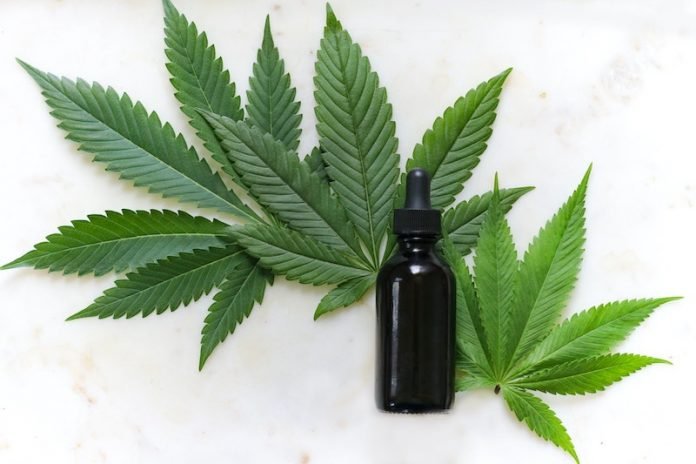
Scientists from Université de Montréal found that cannabis use leads to acute cognitive impairments that may continue beyond the period of intoxication.
The research is published in Addiction and was conducted by Dr. Alexandre Dumais et al.
This review merged the findings of 10 meta-analyses representing more than 43,000 participants.
The study found that cannabis intoxication leads to small to moderate cognitive impairments in areas including making decisions, suppressing inappropriate responses, learning through reading and listening, the ability to remember what one reads or hears, and the time needed to complete a mental task.
These and other impairments show the residual effects documented for cannabis use, suggesting that the damaging effects of cannabis begin while it is being consumed and persist beyond that period.
The study highlights several areas of cognition impaired by cannabis use, including problems concentrating and difficulties remembering and learning, which may have a considerable impact on users’ daily lives.
Cannabis use in youth may consequently lead to reduced educational attainment, and, in adults, to poor work performance and dangerous driving. These consequences may be worse in regular and heavy users.
Cannabis is the third most consumed psychoactive substance in the world (after alcohol and nicotine) and adolescents, as well as young adults, have the highest rates of cannabis use.
Recent global changes in the legalization of cannabis suggest that public perceptions of its safety and acceptability are on the rise.
It is therefore important to understand the cognitive risks involved in using cannabis, especially for young people, whose brains are undergoing significant developmental changes.
If you care about cannabis, please read studies that cannabis hemp oil may treat chronic neuropathic pain, and CBD from cannabis may inhibit COVID-19 infection.
For more information about cannabis, please see recent studies that high-potency cannabis may affect your memory functions, and results showing cannabis could help fight resistant bacteria.
Copyright © 2022 Knowridge Science Report. All rights reserved.



